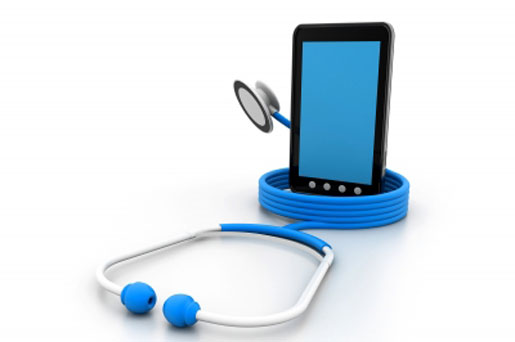Regulatory Tips for IoT Device Developers
It's predicted that more and more device makers will add connectivity to medical devices. Here are some regulatory factors to consider as the Internet of Things sweeps the medtech industry.
October 9, 2015

It's predicted that more and more device makers will add connectivity to medical devices. Here are some regulatory factors to consider as the Internet of Things sweeps the medtech industry.
Marie Thibault
By now, medical device developers know that the Internet of Things is here to stay and that it's best to start considering connectivity early in the device development process.
But adding Internet connectivity to medical devices brings a whole host of new considerations, according to Bill Betten, director of business solutions at Devicix, including storing and securing a tremendous volume of big data. With these considerations comes the topic of regulation. While this is still a developing area, there are specific regulatory issues to take into account during the design process.
Speaking in October at the MD&M Philadelphia conference, Betten notes that while he isn't a regulatory expert, his real-world experience developing medical devices has given him a good idea of key regulatory factors to consider. Here, excerpted from Betten's presentation, are practical questions to keep in mind:
Decide if the sources of data are medically relevant. This echoes what an FDA official recently said about mobile health data. Betten explains, "That gets to the veracity of the information. Is it meaningful? And in many cases, it's 'What am I going to do with that?' That often gets overlooked. What do I intend? The intended use issue. What am I going to do with that data?"
Can the data be normalized for comparison? Betten elaborates, "In other words, if I have a Fitbit, is that meaningful when I put it in context with something else?"
Is the data secure? The security of patient data on medical devices is a hot-button issue right now, as evidenced by cybersecurity alerts from FDA, the FBI, and conferences devoted to the topic.
Who owns the data? In the United States, Betten says, this isn't exactly clear. "The insurers will say they own it, and they want to sell it," he notes, while some people believe data should be shared to help solve the riddle of diseases and other patients want to maintain control over how their data is used. "The answer is, it's still in play, particularly in this country," Betten says.
What will be done with the data? This may seem self-explanatory, but this knowledge is still key from a regulator's point of view.
How to transform data into information and then into action? "Probably most importantly, and an interesting one that I think hasn't been touched on much, is the analytics that goes with it," Betten points out. "That's going to be one of the key areas for us in the healthcare industry," he says, but notes that the disconnect between awareness of the perils of smoking and the actual smoking rate makes it obvious that knowledge doesn't always translate to action. "What is it that translates this into action?"
To hear more from Betten, register for BIOMEDevice Boston, taking place April 13-14, 2016. He will be moderating sessions titled "Wellness-Integrated Medical Technology for Widespread Adoption" and "Out-of-the-Box Thinking While Playing by the Regulatory Rules."
Get inspired to innovate during Massachusetts Medtech Week—register for BIOMEDevice Boston 2016, April 13-14. |
Marie Thibault is the associate editor at MD+DI. Reach her at [email protected] and on Twitter @medtechmarie.
[Image courtesy of HYWARDS/FREEDIGITALPHOTOS.NET]
About the Author(s)
You May Also Like


